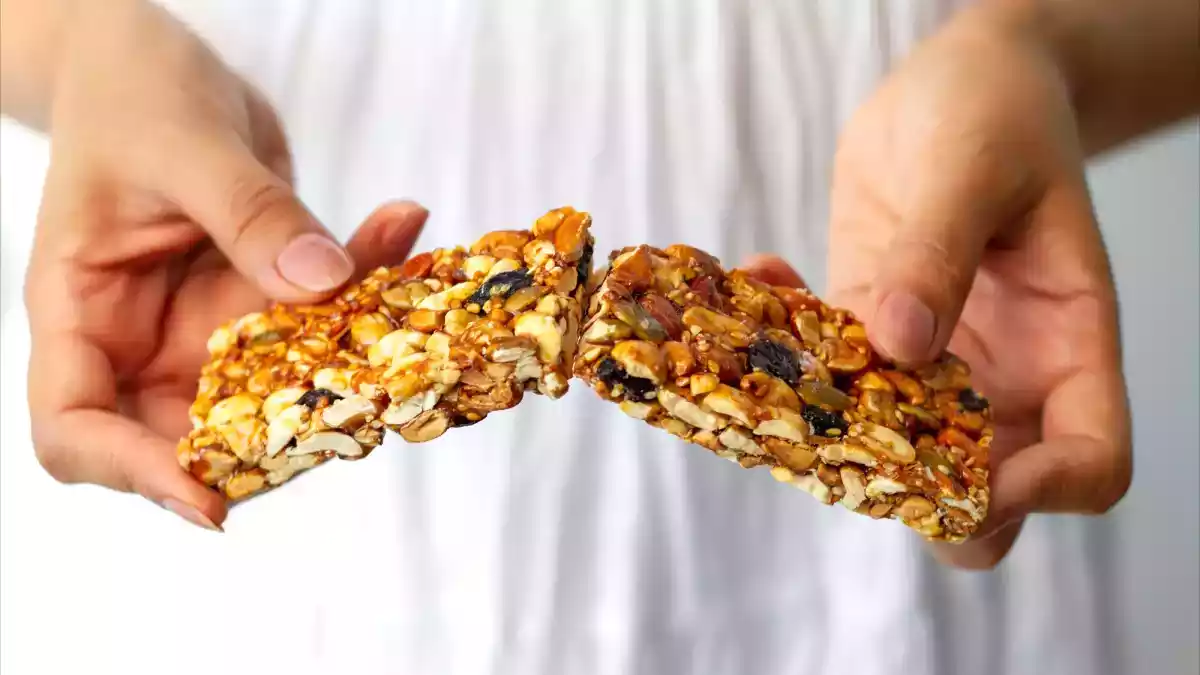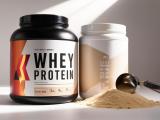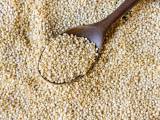Should you go for protein bars? What they really provide (and what they hide)

Whether in the sports section of your supermarket or at your favorite gym, it's impossible to miss them: protein bars are everywhere. Touted as the perfect ally for our fast-paced days and sports sessions, they promise energy and muscle in just a few mouthfuls.
But do these little bars really live up to their promise? Is it a good idea to slip one into your bag for a 10 a.m. break or a sports outing? We take stock! :)
Why are protein bars so popular?
What we love about protein bars is their practicality. There's no need to get out the whole fork-and-knife set, they can be taken anywhere and eaten in just a few bites. What's more, they are designed to be satiating thanks to their protein content, often derived from milk (like whey) or vegetable sources (peas, soya, rice...).
In terms of promises, we're being sold rapid energy, support for muscle recovery after exercise, and sometimes even appetite-suppressant properties. Enough to seduce athletes and busy gourmets alike!
What do these bars really contain?
While they may look like smart snacks, not all protein bars are created equal. Sure, they contain protein, but they often come with a hefty dose of sugar or sweeteners, fat (sometimes of average quality), and additives for texture and preservation.
Some bars can contain up to 20 grams of sugar, almost as much as a good dessert! And when it comes to fiber, it all depends on the brand: some barely contain any at all.
The trick is to take a look at the list of ingredients before indulging yourself. The less, the better. And ideally, choose bars with quality proteins and few added sugars.
When is it a good idea to eat it?
Let's face it, protein bars do have their uses in certain specific cases.
After a workout, for example, they can help recharge batteries and support muscle recovery, especially if you can't eat a real meal straight away.
They can also be used as a snack during a hike or a long journey, when there's no other option to hand. But don't fall into the trap of eating them instead of a balanced daily snack.
When should they be avoided?
Outside of sporting situations or truly nomadic moments, protein bars are of little use in a balanced diet. If you're simply looking to boost your day, it's better to opt for raw foods, such as a handful of dried fruit, plain yoghurt, or even a slice of wholemeal bread with a little cream cheese.
And don't be fooled into thinking that protein bars are magic: just because a bar is high in protein doesn't mean it's always healthy. Over-consumption of protein is of no benefit if your intake is already covered by your diet.
In a nutshell:
Protein bars can certainly help out. After sport or on the move, they're handy and can support muscle recovery. But they're no substitute for a varied, balanced diet!
The important thing is to use them with full knowledge of the facts: as a one-off boost, not as a daily habit. And always remember that the best fuel is a colorful plate, with simple, complete foods :)
You may be interested in:
Sources :
Santé Magazine - Protein bars: mistakes to avoid
Futura Santé - Protein bars: useful for athletes?
Que Choisir - What are protein bars really worth?
 Adèle Peyches
Adèle Peyches


Comments